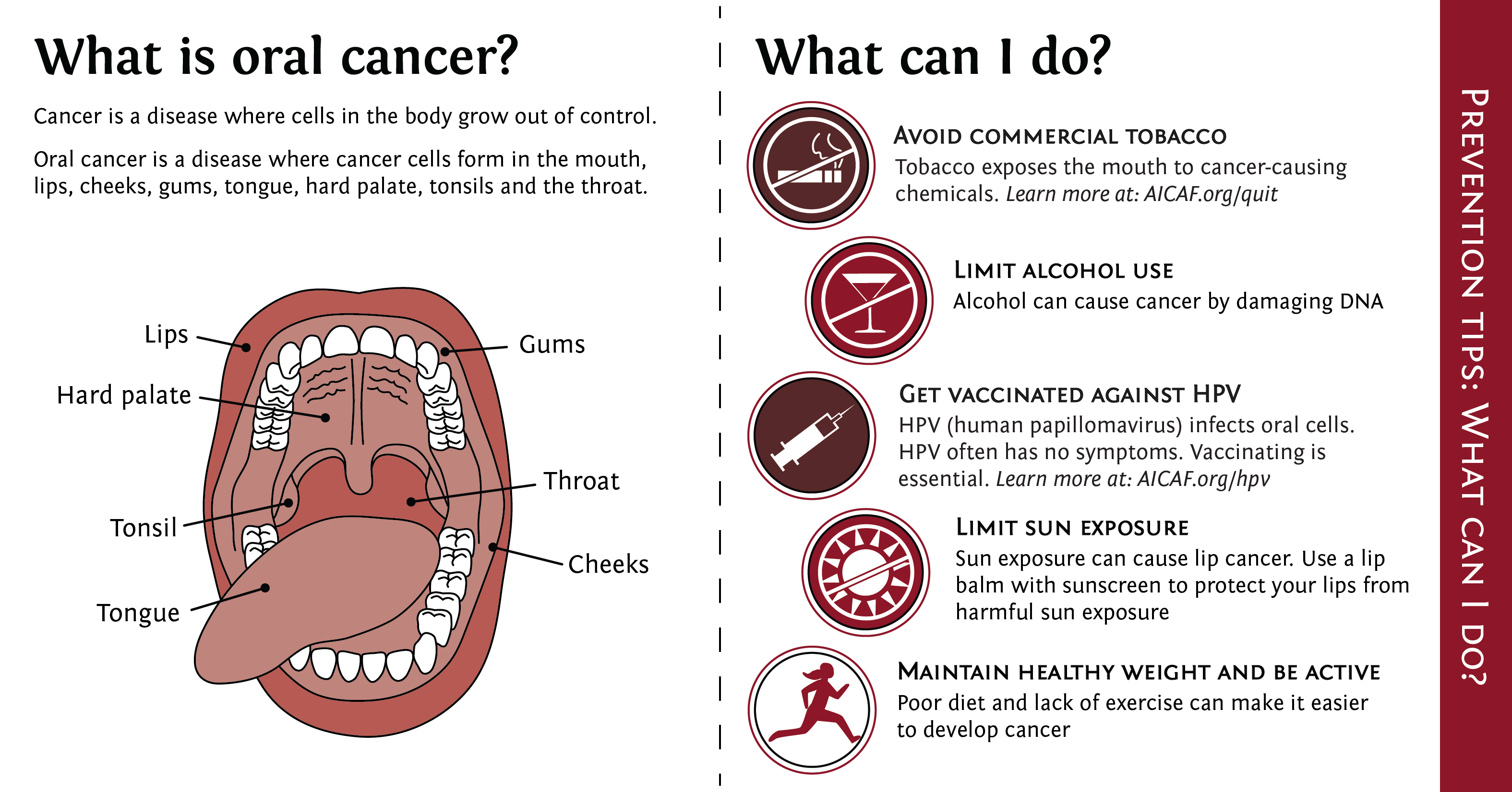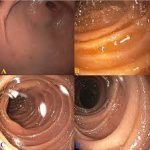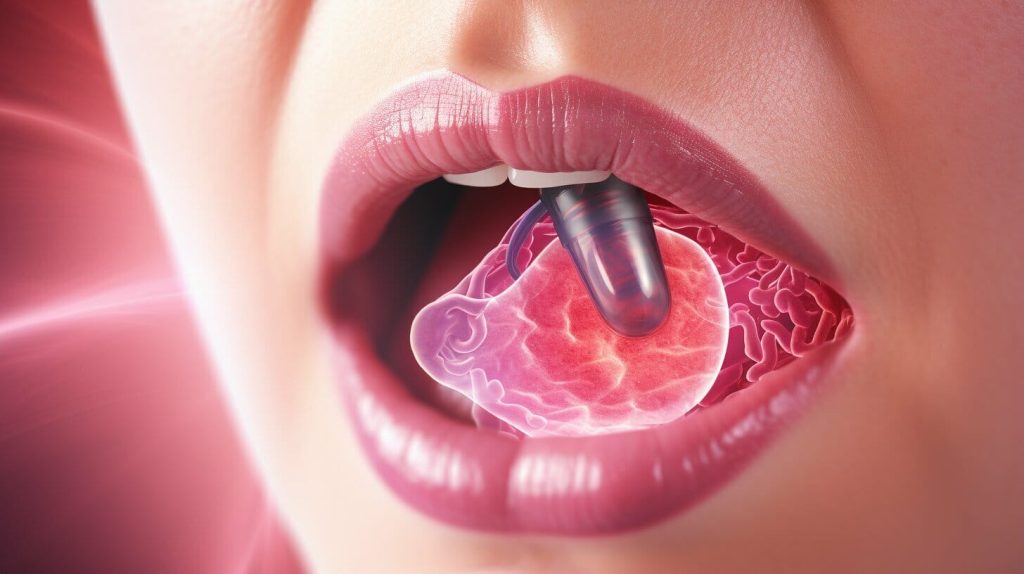
The main treatments for tongue cancer are surgery, radiotherapy and chemotherapy, either combined or on their own.
Your treatment depends on how big the cancer is and whether it has spread (the stage). It also depends on which part of the tongue is affected.
Treating the oral tongue
The front two thirds of the tongue (oral tongue) are treated like a mouth cancer.
Early stage
Early cancer means your cancer is smaller than 4cm and is contained within the tongue.
The most common treatment is surgery to remove the affected area. You might also have radiotherapy after surgery to try to prevent a cancer from coming back. This is known as adjuvant radiotherapy.
Some people with early stage oral tongue cancer might have radiotherapy first. This may be because they are not fit enough to have surgery.
You might also have surgery to remove lymph nodes in your neck. This is to check if cancer has spread to the lymph nodes. You may have a sentinel lymph node biopsy or a neck dissection.
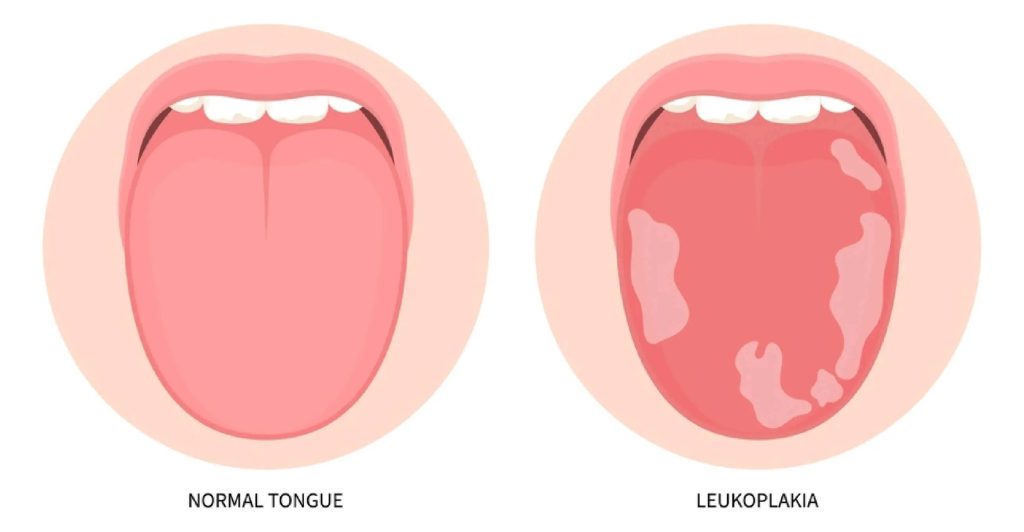
Locally advanced and advanced cancer
Locally advanced cancer means your cancer is larger than 4cm. Or it has grown outside the tongue to nearby tissue or lymph nodes. Advanced means it has spread to other parts of the body.
You are most likely to have a combination of these treatments:
- surgery to remove the cancer from your tongue and the lymph nodes in your neck
- reconstructive surgery to rebuild the tongue
- radiotherapy after surgery
- chemotherapy
- chemotherapy with radiotherapy (chemoradiotherapy)
- targeted and immunotherapy drugs
Treatment is also given to control symptoms. For example, radiotherapy to help control pain.
Treating the back of the tongue
The back third of the tongue (base of the tongue) is treated like oropharyngeal cancer. Oropharyngeal cancer starts in the part of the throat just behind the mouth.
Early cancer
Early cancer means your cancer is smaller than 4cm and is contained within the tongue.
You might have either:
- surgery to remove the cancer and some of the lymph nodes in your neck
- radiotherapy to the throat and neck
You might need radiotherapy or chemoradiotherapy after surgery if your doctor thinks there is a high risk that your cancer will come back. Chemoradiotherapy means you have chemotherapy and radiotherapy together.
Locally advanced and advanced cancer
This means the cancer has grown outside the tongue, and has spread to nearby tissues or lymph nodes (locally advanced). Or it has spread to other parts of the body (advanced).
You might have one of the following:
- chemotherapy and radiotherapy together (chemoradiotherapy) to your throat and neck
- surgery to remove part of the throat (including all or part of the tongue) and some of the lymph nodes in your neck, followed by radiotherapy or chemoradiotherapy
- radiotherapy on its own
- targeted drug (cetuximab) with radiotherapy
You might have radiotherapy, chemotherapy or surgery to control symptoms of advanced cancer.
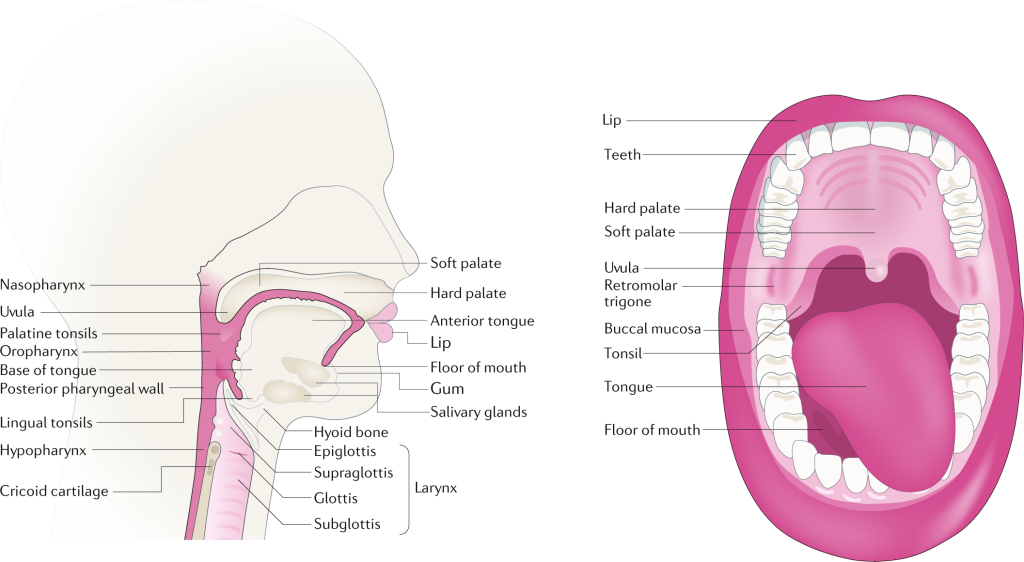
Surgery
Your surgeon removes the cancer and an area (margin) of normal tissue around it. This helps to make sure that they have removed all the cancer. The operation is called a primary tumour resection.
There are different types of primary tumour resection. It depends on where the cancer is.
You might only need a simple operation if the cancer is very small. This can be done using local anaesthetic or with laser surgery. So you don’t need to stay overnight in hospital.
For larger cancers, you might need a more complicated operation and stay in hospital for a while. You might have an operation to remove part or all of your tongue (a glossectomy). This is quite a big operation. Your surgeon will rebuild (reconstruct) your tongue.
The surgeon usually removes the lymph nodes from one or both sides of your neck. This operation is called a neck dissection. It lowers the risk of your cancer coming back in the future.
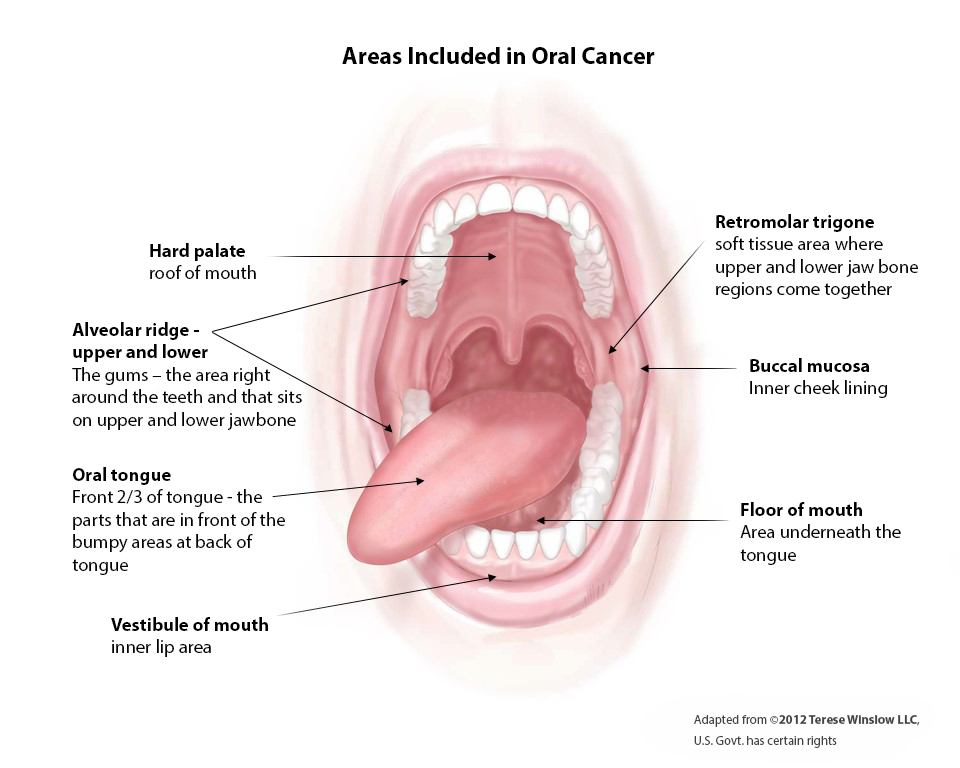
After Surgery
You will have some pain after most types of surgery, but this is usually well controlled. Your doctors and nurses give you painkillers by drip, tablets, or liquids if you need them.
Having an operation to your mouth may affect eating and drinking for a while afterwards. Depending on the type of surgery you have it might also affect your speech.
Talk to your doctor or specialist nurse before your operation. You can ask them how it will affect you and what support there is.
Radiotherapy
Radiotherapy uses high energy waves similar to x-rays to kill cancer cells. You might have radiotherapy:
- on its own as your main treatment or after surgery
- combined with chemotherapy (chemoradiotherapy) as your main treatment or after surgery
- to help relieve the symptoms of advanced tongue cancer
You have radiotherapy to the part of the tongue affected by cancer. And the doctor might also treat the lymph nodes in your neck.
You usually have radiotherapy treatment once a day, Monday to Friday for a few weeks.
Side effects
Radiotherapy to the head and neck area can cause several side effects. These include a dry, sore mouth and taste changes.
Chemotherapy
Chemotherapy uses anti cancer (cytotoxic) drugs to destroy cancer.
You might have chemotherapy combined with radiotherapy (chemoradiotherapy). The chemotherapy helps the radiotherapy work better. You might have this:
- after surgery if there is a high risk of your cancer coming back
- as your main treatment if your cancer has spread to nearby tissue (locally advanced cancer) or to other parts of the body (secondary or advanced cancer)
You usually have a PET-CT scan a few months after chemoradiotherapy. This is to check if your lymph nodes contain cancer. If there are signs of cancer, you usually have surgery to remove the lymph nodes.
Some people have chemotherapy to shrink the cancer before the main treatment, although this isn’t very common. This is called neo adjuvant treatment.
The most commonly used drug is cisplatin. You might have this with fluorouracil (5FU). Some people have carboplatin instead of cisplatin.
Side effects
The side effects of chemotherapy include feeling sick and lower resistance to infections. Your side effects also depend on the drug you have and whether you have it with other treatments.
Targeted and immunotherapy cancer drugs
Cetuximab (Erbitux)
Cetuximab is a type of targeted cancer drug called a monoclonal antibody.
You might have cetuximab with radiotherapy if you have squamous cell head and neck cancer which has spread close to the mouth and oropharynx. It is also given for mouth cancer that has come back after treatment or advanced mouth cancer.
You might have it in one of the following situations:
- your platinum chemotherapy (for example cisplatin or carboplatin) is not working
- you cannot have chemotherapy
Nivolumab (Opdivo)
Nivolumab is a type of immunotherapy.  This type of treatment stimulates the body’s immune system to fight cancer cells.
This type of treatment stimulates the body’s immune system to fight cancer cells.
Nivolumab is available on the NHS in the UK. In England, Wales and Northern Ireland, you can have nivolumab if you have:
- squamous cell cancer that has come back or spread to other parts of the body
- had platinum based chemotherapy (such as cisplatin or carboplatin) and your cancer has started to grow within 6 months of having chemotherapy
In Scotland, the Scottish Medicines Consortium (SMC) says that you can have nivolumab if your cancer continues to grow while on or after having platinum based chemotherapy.
You can have it for up to 2 years.
Pembrolizumab (Keytruda)
Pembrolizumab is also a type of immunotherapy.
It is a treatment for squamous cell cancer of the head and neck that has either:
- spread to other parts of the body (advanced) and has not been treated before
- has come back (recurred) and not been treated since it has come back
As well as the above, your cancer
- is not suitable for surgery
- expresses a certain amount of a protein known as PD-L1
You can have up to 2 years of treatment of pembrolizumab.
Clinical trials
Your doctor might ask if you’d like to take part in a clinical trial. Doctors and researchers do trials to make existing treatments better and develop new treatments.
Finding other people with tongue cancer
Lots of people say it helps to talk to others who know what they’re going through. If you’re seeing a specialist in head and neck cancer, ask them if they can put you in touch with any other patients. That way, they might be nearby.
With less common cancers, it’s hard to find people with the same condition. The Mouth Cancer Foundation website has an online support group that offers practical advice and support for people affected by cancers of the head and neck. Their website also provides information about tongue cancer.
Coping with treatment and the side effects
Treatment to the tongue can cause problems with your speech, and changes with eating and drinking. These could be permanent changes for some people.
You will have a speech and language therapist as part of the team looking after you. They will help as much as possible to restore your speech.
Talk to your doctor or specialist nurse before your treatment. You can ask them about how it will affect you.
